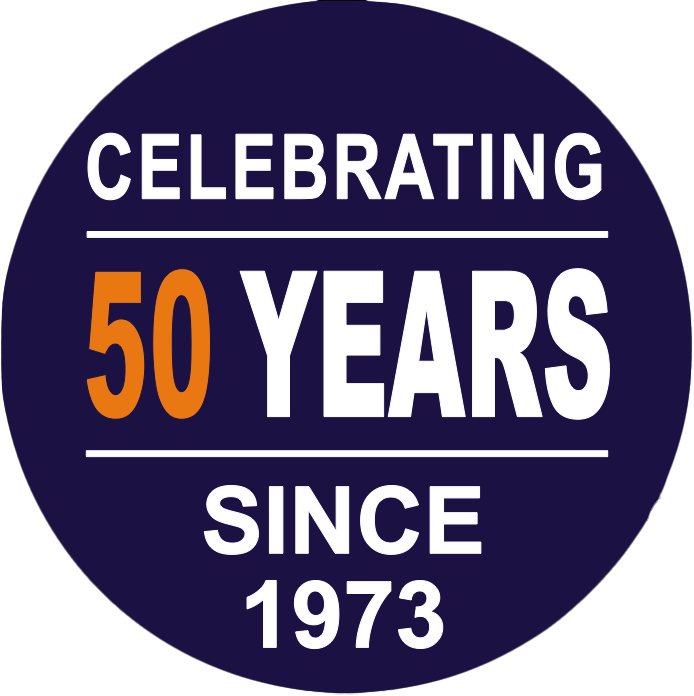What forklift training does my team need and what is recommended?
There are a lot of industries in which forklifts can help to increase the productivity and efficiency of workers. They can also be a great way to avoid injuries and strain on staff as relying on machinery means they are less likely to risk their own health. However, in order for forklifts to reduce safety risks, it is essential that staff undergo forklift training before operating the machines. Read on to find out more about what training is needed and what you can gain from putting your workers through this training.
What training is needed to drive a forklift?
There’s no need to panic if some members of your team don’t have a driver’s licence since this isn’t essential to learning to drive a forklift. The only time they will need a full driver’s licence is if they have to drive the forklift on a public road.
While the lack of a driving licence isn’t likely to be a problem if the work is within a warehouse or store, it is still pivotal that your team members have the correct training and certification to be able to drive your forklifts. These can be accredited to either the RTITB (Road Transport Industry Training Board), ITSAAR (Independent Training Standards Scheme & Register), ALLMI (Association of Lorry Loader Manufacturers and Importers), NPORS (National Plant Operators Registration Scheme) or AITT (Association Of Industrial Truck Trainers).
Any of the previously mentioned training institutes will provide a well-recognised certification that staff can present to employers in order to prove their competence and ability to handle a forklift safely. For this reason, you will benefit from either employing those who have completed one of these courses already or putting your team through one in order to make sure they can operate the machinery without causing any potential harm or damage.
What are the benefits of full training?
While forklift training is mandatory, if the machines are to be used by your company, it also brings many benefits for your business. Training your staff with a reputable provider can make staff feel more involved and cared for within the business which will, in turn, provide greater motivation for them. Being able to demonstrate the skill and prove the high standards your team is held to will also help to create a good reputation for your business, amongst employees, potential future staff and even customers.
Ongoing training, on the other hand, is not enforceable even though it is recommended. There are still lots of benefits to providing ongoing training for forklift drivers, however. Firstly, as a potentially dangerous job, it is important to keep your staff up to date on their driving skills. It can help them to avoid forming bad habits or even can break the ones that have already formed. This is vital in a role where a single mistake could cause serious injury to the driver as well as to others around them.
In some circumstances, having ongoing training for your forklift drivers can also mean that you benefit from lower insurance premiums. This can work out well for you since the premiums are often decided based on how much potential there is for accidents or things to go wrong, which is significantly decreased if your drivers are continually keeping up to date with training. Furthermore, frequent training is also sure to decrease the likelihood of accidents meaning you shouldn’t have to claim at all, also lowering your premiums.
All in all, there aren’t really any negatives to ongoing training, so make sure to get your staff trained!
For more information about the training that we can offer, contact our team today.

